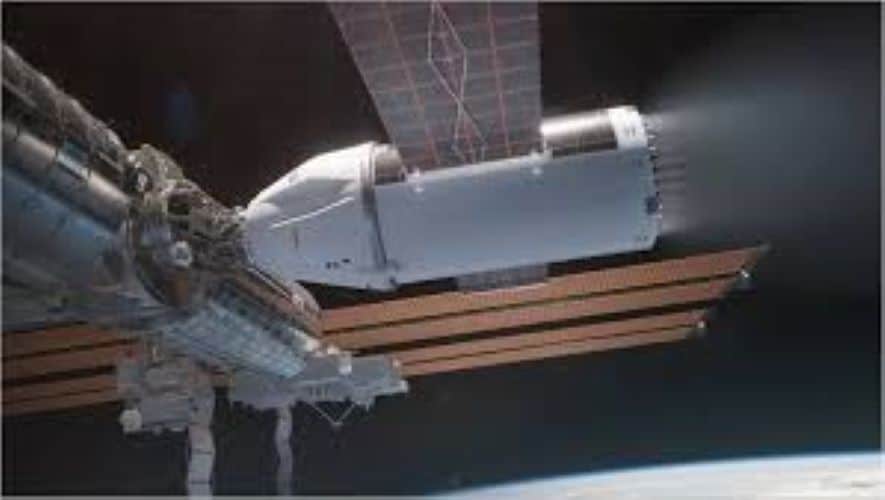Environmental Impact of ISS Deorbit in 2031 Raises Concerns

The planned deorbit of the International Space Station (ISS) in 2031 has sparked significant discussions about its environmental impact. The ISS, a 450-tonne orbital laboratory, has faced various technical issues, including coolant leaks and structural cracks. As it approaches retirement, NASA has outlined a controlled re-entry plan. This plan involves guiding the ISS to a remote area in the South Pacific Ocean, known as Point Nemo. This location is often referred to as a “spacecraft cemetery” due to its isolation from populated regions. However, experts are raising concerns about the potential implications for Earth’s atmosphere and oceans.
Environmental Impact on Oceans and Atmosphere
The deorbit plan for the ISS includes a controlled disintegration process as it re-enters Earth’s atmosphere. NASA supports this approach to minimize risks associated with the operation. However, environmental concerns persist. Researchers and advocacy groups have highlighted the potential for pollution resulting from this process. Physicist Luciano Anselmo from the Space Flight Dynamics Laboratory in Pisa, Italy, noted that while the pollution caused by space re-entries is minimal compared to other human activities, the effects on the upper atmosphere remain largely unknown.
David Santillo, a senior scientist at Greenpeace International, emphasized the lack of international regulations governing the disposal of space hardware. He pointed out that this absence complicates the safe management of deorbit operations. Santillo suggested that existing frameworks, such as the London Convention, could be adapted to address these challenges in the future. Advocacy groups like the Ocean Conservancy have also raised alarms about using oceans as dumping grounds for space debris. They argue that this practice poses risks to marine ecosystems and highlights the need for better regulations.
Future Implications for Space Exploration
The upcoming deorbit of the ISS has ignited discussions about the long-term management of large structures in space. Experts warn that future space stations may encounter similar challenges. Darren McKnight, a senior technical fellow at LeoLabs, stressed the importance of developing robust disposal methods for these structures. The Aerospace Safety Advisory Panel (ASAP) has previously highlighted the urgency of creating effective deorbit capabilities for the ISS. This recommendation was reiterated in a recent report to NASA.
While the controlled disposal of the ISS is deemed the safest option, its environmental consequences are still under scrutiny. Experts and stakeholders worldwide are evaluating the potential impacts of this operation. The discussions surrounding the ISS’s deorbit serve as a reminder of the need for comprehensive strategies to manage space debris and protect our planet’s environment. As space exploration continues to grow, addressing these challenges will be crucial for sustainable practices in the future.
Observer Voice is the one stop site for National, International news, Sports, Editor’s Choice, Art/culture contents, Quotes and much more. We also cover historical contents. Historical contents includes World History, Indian History, and what happened today. The website also covers Entertainment across the India and World.
Follow Us on Twitter, Instagram, Facebook, & LinkedIn

